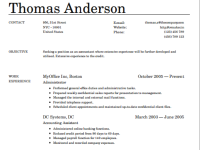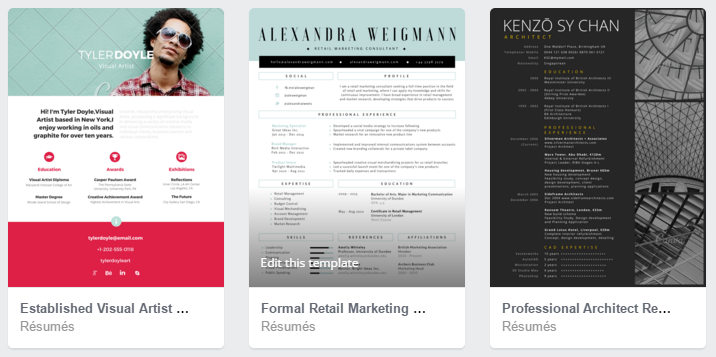CV Tips

Your CV is you!
#1 Glossary
First and foremost, you’ll need to have an idea of the glossary of work related definitions in order to feel more comfortable with the glossary that you’ll have to deal with.
#2 Format
Make sure the font and format you use is decipherable because a CV that cannot be understood will be off the employer’s desk and into their bin quicker than you can say ‘gis a job!’ CV formats differ according to which sector you are applying for. Academic CV’s require different information to job CVs.
#3 Length
No employer wants to be reading 50 pages worth of what you did at your last job and how amazing you were at it. Your CV should be ideally 1 page and in the worst case no longer than 2 pages long. Keep it short and sweet. Check out these 5 ways to shorten a lengthy CV.
#4 Easy to read
A good way of making your CV clear and easy to read is to have sections on the following: personal details, profile-introduction, work experience, education, other skills, achievments, hobbies and referees. Unless a job requires particular qualifications write about your experience first, in this day and age employers are more interested in what you can do rather than what you did 5 years ago at college.
#5 Discrimination factors
Place and date of birth aren’t needed anymore for jobs. This prevents age discrimination, but feel free to write somewhere your nationality so they know you are eligible to work.
#6 Introduction
Begin your CV with a few sentences (around 3 to 5 lines) about yourself, what job you are looking for, why they should hire you and and how your key strengths and talents match their requirements. If you just moved to the UK you could include your reasons why.
#7 Reverse chronological order
Use reverse chronological order starting with your most recent job.
#8 Use of Action Words
Don’t make it sound like you were held at gunpoint when you carried out previous work, use specific ‘action’ words such as achieved, created, analysed, evaluated, improved, developed rather than ‘I had to’.
#9 Use of Examples
Try to provide practical examples (British people need proof!).
#10 CV Design
Like it or not, design matters! So, it’s essential to have a compelling CV design that stands out of tons of other CVs. Your CV should present your credentials in the most best way possible. The good thing is that, nowadays you don’t need to be a graphic designer to create a beautiful CV. There are websites and apps that offer a wide selection of professionally designed CV layouts that you can customize according to your own style without spending a penny! Find some awesome Free CV Templates through Canva, CVmaker and Jobulo.

Find free CV templates via Canva
#11 The rest…
- When listing academic qualifications you should put your final mark according to the UK system (2:1, 2:1)
- Language courses do not count for anything when it comes to applying for a job, all the employer wants to know is whether you can speak English or not!
And 3 more essential tips before click “send”!
- Never give your CV out without double-checking spelling and grammar! It can look very unprofessional to employers, so if you’re foreign invest in a proofreader!
- Don’t make the mistake of sending out the same CV to a variety of different jobs. For each job, look at the requirements and highlight your skills and experience with regards to those requirements. Try to provide examples from previous work that show you have the right qualities for the job.
- The final step before getting our permission to start sending your CV is to have a free CV review by Bradley CVs (I’ve done it as well and it can be useful).
Find the latest jobs in London through our job board.
